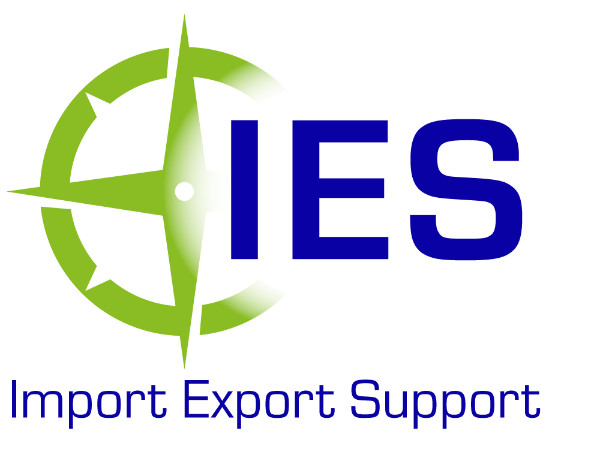Using PIVA? Six issues to watch out for.

What is PIVA – Postponed Import VAT Accounting? It’s a way of settling Import VAT.
When PIVA was introduced nine months ago it was well received in the industry as a good solution to facilitate the border declaration process.
Prior to the introduction of PIVA, Import VAT had to be settled using either direct payment to HMRC (FAS), or using the importer or agents deferment account prior to goods being released by customs.
If VAT was paid when clearing the goods at the port, the method to reclaim this VAT (for valid supplies) was done using a C79. It was recognised that for importers buying from EU this would be a new burden, both in terms of cashflow and collating C79 documentation which they didn’t have to do prior to Brexit.
The introduction of PIVA means that no payment is made at the time of import and no margin impact for qualifying supplies, with the same value of VAT entered into boxes 1 & 4 of your next VAT return.
Like all things Brexit, there have been a few misunderstandings and teething problems that are leaving importers exposed and could result in misdeclarations.
1. The default code for many couriers is PIVA
The issue that is that many importers are completely unaware that PIVA is being used so they are not fulfilling their VAT obligations
2. Many importers are having issues with accessing reports
The issue is that importers have to estimate the VAT amounts and need to calculate import VAT, and revisit these calculations when the PIVA statements are ultimately published
3. Importers are not aware of rules when Import VAT can be reclaimed
The issue is that traders may be reclaiming Import VAT when they aren’t entitled to
4. Many traders are new to importing and the declaration process
The issue is that they may not have adequate understanding, experience or processes in place to check import declarations
5. Fast parcel carriers have agreements with HMRC which means that they can submit consolidated declarations
The issues is that traders don’t always see the import declarations in order to be able to check them, and if they do, they struggle to get these companies to make corrections
6. Importers are not aware of their responsibility for the accuracy of declarations that are being submitted by the couriers/freight agents
The issue is that they don’t then check the declarations, assuming that the agents are doing things correctly
What is Import VAT?
- Tax is due on all goods imported into the UK
- There are two main taxes, Duty and VAT
- Import VAT is different from Sales VAT
Import VAT is calculated on the cost of item, freight and insurance & duty costs and ranges from 0% – 20%. In order to check the amount of VAT due, you will need to know the classification of the item being imported.
What is Import Declaration?
An import declaration – Single Accompanying Document (SAD/C88) – gives Customs information regarding the goods being imported so that they can perform border checks and calculate the amount of tax due. The consignee (named in Box 8) as the Importer of Record is responsible for the accuracy of the details entered into this document and will be the entity HMRC assesses for inaccuracies and underpayments of tax.
If you recognise these issues:
If you are having issues with PIVA, we can help – many clients have faced these kinds of problems and we have experience of dealing with the most common – and a few of the unusual ones as well.
We at IES advise:
For imports you will most likely be the Consignee, Customer or Importer of Record. For exports you will most likely be the Consignor, Supplier or Exporter of Record. In either case you will be the ‘person’ HMRC contacts when things go wrong and will have to pay fines and penalties on misdeclarations.
So…
- Stay in control. As an importer or exporter when you are requested to provide your EORI/Deferment account or any other information, always ensure that you ask how this will be used.
- Read the carrier small print, as this will determine what charges you incur and affects when and how much tax you pay.
- Know who’s doing what and when. As an importer or exporter you need to know who is paying for what. Insist you get a copy of any declarations submitted using your EORI number and find out what the escalation process is so you know who to speak to should something go wrong.
- Check these declarations – like any tax return they could contain mistakes which are costly to fix.


